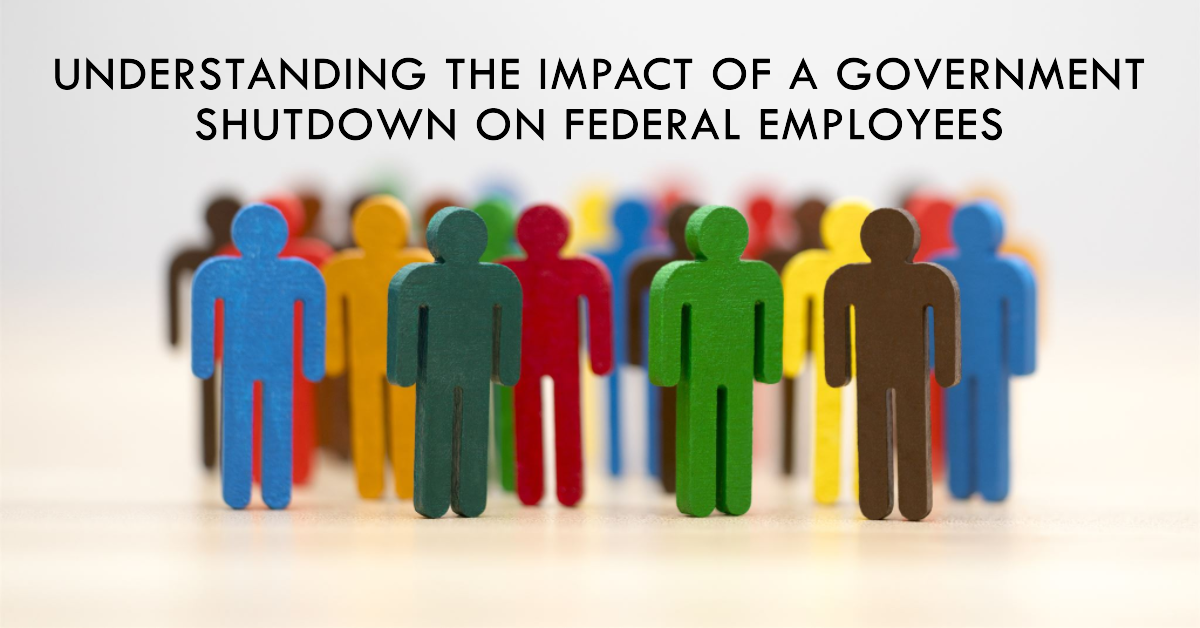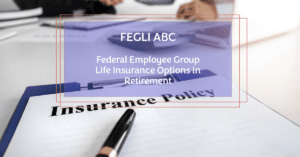A government shutdown is a scenario that nobody wants to experience, yet it is a recurring issue in the United States’ political landscape. This article delves into the impact of a government shutdown on Federal employees and explores how to prepare for such an event.
How Should Federal Employees Prepare for a Government Shutdown?
Create a Budget
Knowing exactly what your monthly fixed, variable, and discretionary expenses are will help reduce stress and allow you to know what areas of your budget can be cut quickly. If a shutdown seems likely, prioritize bills and essential expenses. Make arrangements with creditors or utility providers if necessary.
Strive to have eight months’ worth of living expenses saved in an emergency fund. Prioritize needs over wants until you achieve this goal. Reduce discretionary spending and save as much as possible in the months leading up to a possible government shutdown.
Maximize Credit Options
Remember, credit should only be a temporary solution for emergencies. If you’re struggling to pay bills, consider the following:
- Reach out to your bank or credit union to discuss any potential financial hardships. Some institutions offer assistance to Federal employees during shutdowns.
- Open a new credit card with a 0% interest rate if you have a good credit score
- Explore a Home Equity Line of Credit (HELOC) but be aware of associated costs and interest rates.
Use Retirement Savings Wisely
- Traditional IRAs and SEP IRAs may offer penalty-free hardship withdrawals, however you will have to pay Federal and state taxes.
- A Roth IRA allows you to withdraw original contributions without taxes or penalties.
- Consider a loan from your Thrift Savings Plan (TSP). A loan is not considered a withdrawal so it avoids any penalties and taxes. The loan will have a monthly payment that includes principal and interest over a number of years. The interest paid will go back into your TSP account. A drawback is that the funds taken out as a loan will not be invested in the stock market.
Avoid Payday Loans
Steer clear of payday loans, as they come with high costs and can lead to a cycle of debt. The national average APR for payday loans is nearly 400%, much higher than credit card APRs.
What Happens During a Government Shutdown?
Furloughs and Reduced Paychecks
One of the most significant impacts of a government shutdown is the furloughing of Federal employees. This means that a large portion of the Federal workforce is placed on unpaid leave until the government reopens. Employees deemed non-essential to the functioning of government agencies are the most affected. Although furloughed employees often receive back pay once the government reopens, the uncertainty of when that will happen can be financially distressing.
Essential Employees Work Without Pay
While many Federal employees are furloughed, certain essential personnel continue to work during a government shutdown. These employees, such as law enforcement officers, air traffic controllers, and border patrol agents, are crucial for maintaining public safety and essential services. Unfortunately, they are often required to work without receiving their regular paychecks until the shutdown is resolved.
Disrupted Services
Government shutdowns can disrupt various services provided by Federal agencies, affecting the general public. Services like national parks, museums, and passport processing may be temporarily unavailable or delayed during a shutdown. Additionally, government-backed loans and grants may be delayed or frozen, causing financial difficulties for individuals and businesses.
Morale and Job Security
The uncertainty and stress caused by government shutdowns can significantly affect the morale of Federal employees. The fear of losing pay, job security, and the inability to serve the public can create a challenging work environment for these employees.
Will There be a Government Shutdown in 2023?
At issue in Washington is a disagreement between House conservatives and Speaker Kevin McCarthy, who reached a spending deal with President Joe Biden earlier this year. Conservatives want lower spending levels, and if there’s no agreement on either a longer-term or short-term budget by midnight Saturday, Sept. 30, the government will partially shut down Sunday, Oct. 1.
These concerns stem from a variety of factors, including political tensions, budgetary disputes, and legislative priorities. It is essential to consider the following developments:
Political Landscape:
The political climate in the United States remains dynamic, with potential shifts in control of Congress and the presidency. Changes in leadership and party control can impact budget negotiations and the likelihood of a government shutdown.
Budgetary Disputes:
The Federal budget process is often a contentious issue. Disagreements over government spending priorities, funding for specific programs, and debt ceiling increases can lead to budget impasses that may result in a shutdown if not resolved timely.
Legislative Priorities:
Various legislative priorities, such as infrastructure, healthcare, and immigration reform, may be on the agenda for 2023. The allocation of resources and funding for these priorities can be a point of contention among lawmakers.
Summary
Government shutdowns have real and significant impacts on Federal employees and the general public. Furloughs, reduced services, and financial stress are just a few of the consequences that Federal workers face during a shutdown. While it is uncertain whether there will be a government shutdown in 2023, it is crucial for Federal employees to prepare themselves in the event the worse happens.
Reach Out to Us!
If you have additional federal benefit questions, contact our team of CERTIFIED FINANCIAL PLANNER™ (CFP®), Chartered Federal Employee Benefits Consultants (ChFEBC℠), and Accredited Investment Fiduciary (AIF®) professionals. At PlanWell, we focus on financial planning for federal employees. Learn more about our process designed for the career federal employee.
Preparing for federal retirement? Check out our scheduled federal retirement workshops. Sign up for our no-cost federal retirement webinars. Make sure to plan ahead and reserve your seat for our FERS webinar, held every three weeks. Want to have PlanWell host a federal retirement seminar for your agency? Reach out, and we’ll collaborate with HR to arrange an on-site FERS seminar.
Want to fast-track your federal retirement plan? Skip the FERS webinar and start a one-on-one conversation with a ChFEBC today. You can schedule a one-on-one meeting.










